It all started with Nels, who emigrated to Michigan from Norway. Now, over 100 years later, they’ve handed down the family's fishing tradition five times, and adapted their dock in Leland into historic Fishtown.
From the time he was 11 years old, Bill Carlson was roping the nets on the reels, cleaning the fish and selling them, too, especially during the summer. In 1965, he took a break from his college studies to help the family when his uncle Gordon became too ill to work. He’s been in the fishing business ever since.
Along the way, the Carlson family has used a variety of gear for different target species, including small mesh gill nets for chubs, large mesh gill nets for whitefish, developing a purse seine, converting to trap nets for whitefish. Their experience has run the gamut—from changes in government management priorities, to revisions in fishing territories, to adjustments in quotas, to fish population dynamics, to contaminants, to invasive species.
Through it all, the Carlson family did what they could to help create an environment conducive to a sustainable business. They worked with the Michigan Fish Producers Association, the Department of Natural Resources, Michigan Sea Grant, trying to educate others in the industry about the importance of structure and planning to enhance stability…“not just for what we can catch today, but for what might be available tomorrow.”
Bill Carlson considers himself and his family fortunate to remain in the business. In order to do that, they sold the Fishtown property, fishing licenses and gear to the not-for-profit Fishtown Preservation Society, with the provision that they be able to continue operating their retail business at the dock.
One way the Carlson family has maintained its livelihood over the years is through developing value added products—smoked fish, whitefish sausage and fish pâté—that have proved popular enough to be imitated by others in the business.
Bill makes no secret of his concern for the lakes, especially the fish populations that invasive species have assaulted. While he hopes that stability can prevail over such onslaughts, he has no illusions about how difficult, if not impossible, that will be. Still, he says with a ready smile, “If you take care of the fish, you take care of everybody.”
What does it mean to be a part of a legacy? This video advertisement was created in 2014 by Carhartt, family-owned since 1889. The Dearborn, Michigan business currently outfits the fishery employees and has for many generations.







